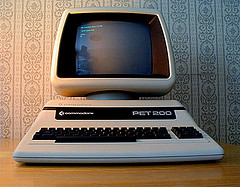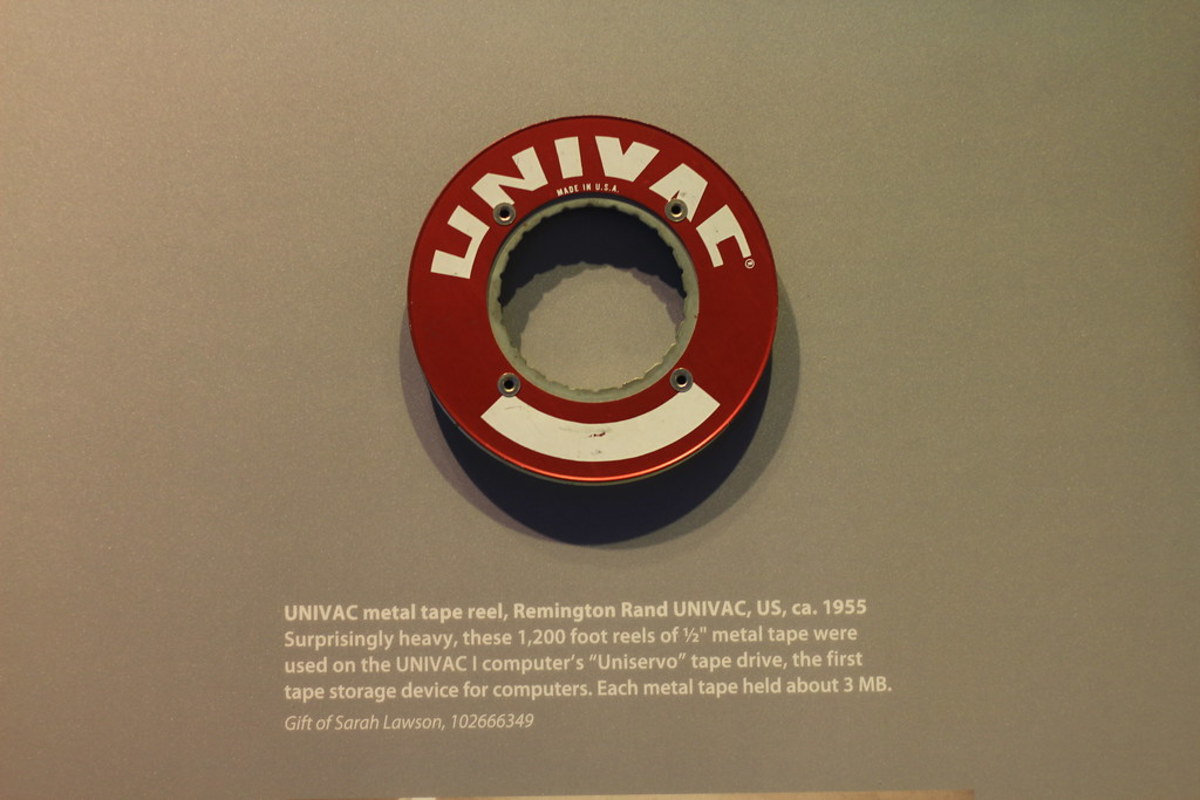History of the Computer
Antique Abacus

Early History of the Computer
The very first computer dates back thousands of years ago. The simple abacus was the first type of computer with its stones or beads used to calculate. It is believed that the Babylonians invented the abacus.
During the 1600s, the first calculator was invented in Germany by a professor named William Schickard. He called it a calculating clock. It worked up to six digits. Shickard died during the bubonic plague. Recognition for the invention went unnoticed.The Difference Engine was invented in 1821 by Charles Babbage. It was powered by steam and used for astronomy. Babbage worked on it for 20 years. The Difference Engine was so large that it took up an entire room. The British government cancelled his project because of the costs.Next, Babbage comes up with the Analytical Engine, which is the first computing machine similar to modern computers. The Analytical Engine was supposed to solve any mathematical problem. It was the size of a house and used 6 steam engines for power.The next jump in the development of the modern computer in 1936 was another German, Konrad Zuse. Zuse was an engineer that was a pioneer in using binary numbers and boolean operations for calculating. He developed the first calculator that could be programmed, called the Z1 Computer.Important Developments in the History of the Computer
Bell Telephone scientists develop transistors in 1947, which provides another leap in the advancement of today's computers. John Bardeen, Walter Brattain, and William Shockley were trying to find a way to replace vacuum tubes as relays for telecommunications. The vacuum tubes used lots of energy and needed repairs frequently. This is how the transistor came to life. Now computers could be smaller and use much less power. The invention was important enough to earn a Nobel Prize in Physics.
Jack Kilby and Robert Noyce developed the integrated circuit in 1958. They developed the integrated circuit separately, unaware of each other's actions. The integrated circuit made it possible for computers to do more functions and take up less space. The invention of the integrated circuit also caused computers to be affordable. The development of the integrated circuit is considered to be one of the most important inventions for technology.Computers were being used mainly by the military until IBM released the IBM 360 in 1964. Then businesses started using computers as well. In twenty years, IBM made more than 100 billion dollars from computers.In 1975, Bill Gates and Paul Allen develop the BASIC programming language for computers. They start the Microsoft company.Commodore Pet Computer - Early Personal Computer

History of the Computer - The First Personal Computers
Two years later, Apple starts selling the Apple II personal computer for a little over 1000 dollars. It has 16k RAM, but doesn't include a monitor. In three years, Apple has cornered half of the personal computer audience.
The same year, IBM contracts Microsoft to develop BASIC for their personal computer model. It is released for the public in 1981.The Apple Macintosh personal computer is released in 1984. It includes a black and white 9 inch monitor.The first version of Microsoft Windows starts to be distributed in 1985. In just four years, Microsoft has yearly sales of 1 billion dollars.History of the Computer and the Internet
The internet concept is brought to fruition by Vint Cerf and Bob Kahn as early as 1973. The first internet style linked computers were between Duke University and University of North Carolina in 1979.
The World Wide Web is developed by Tim Berners-Lee. The first Web server is developed in 1991. By 1992, there are over one million hosts.More Information About the History of the Computer
- PBS
PBS has a detailed explanation of the history of the computer - Computer Science Lab








